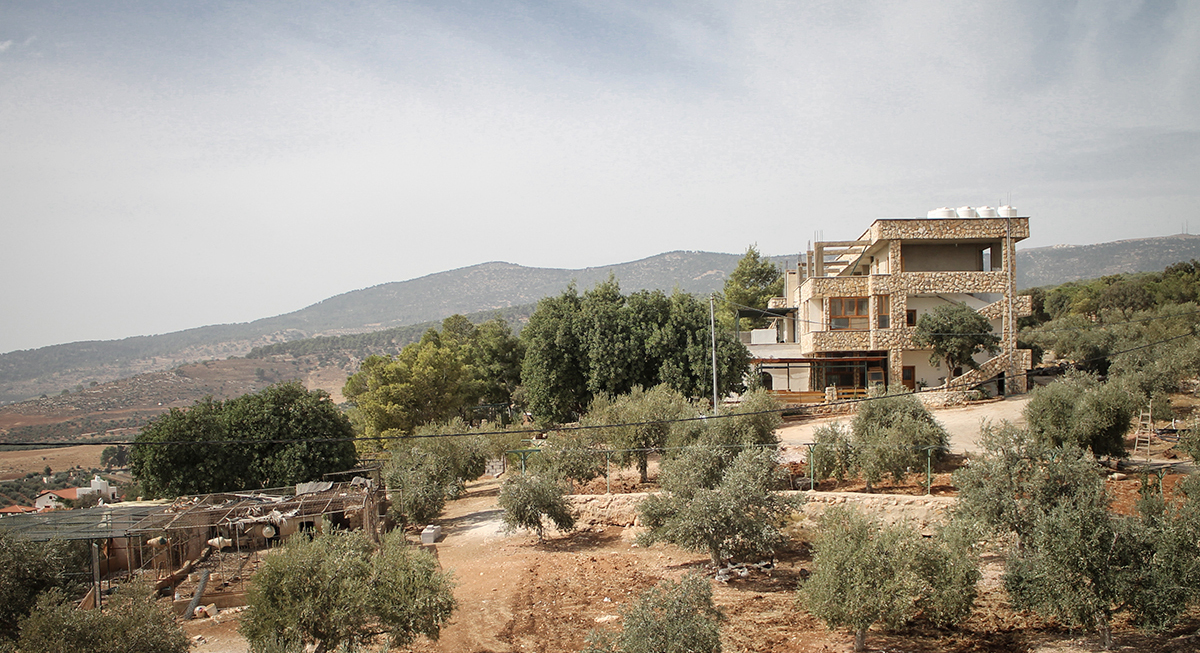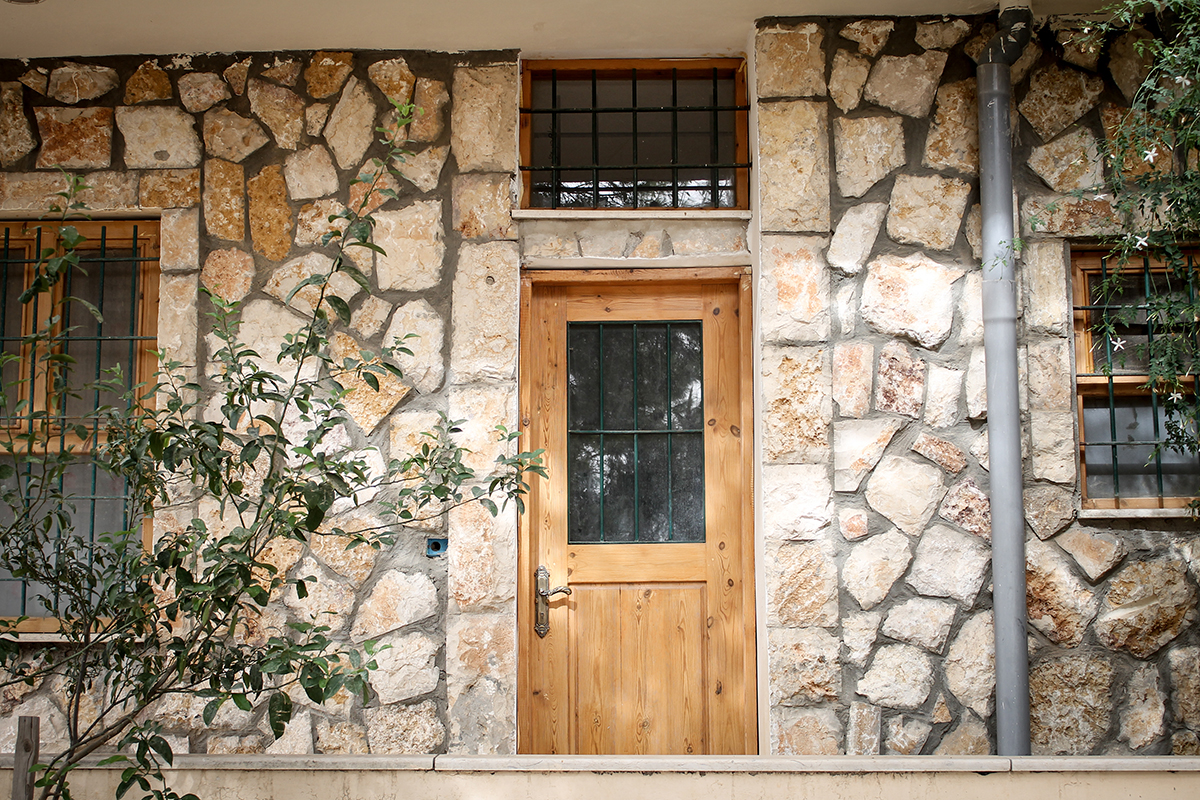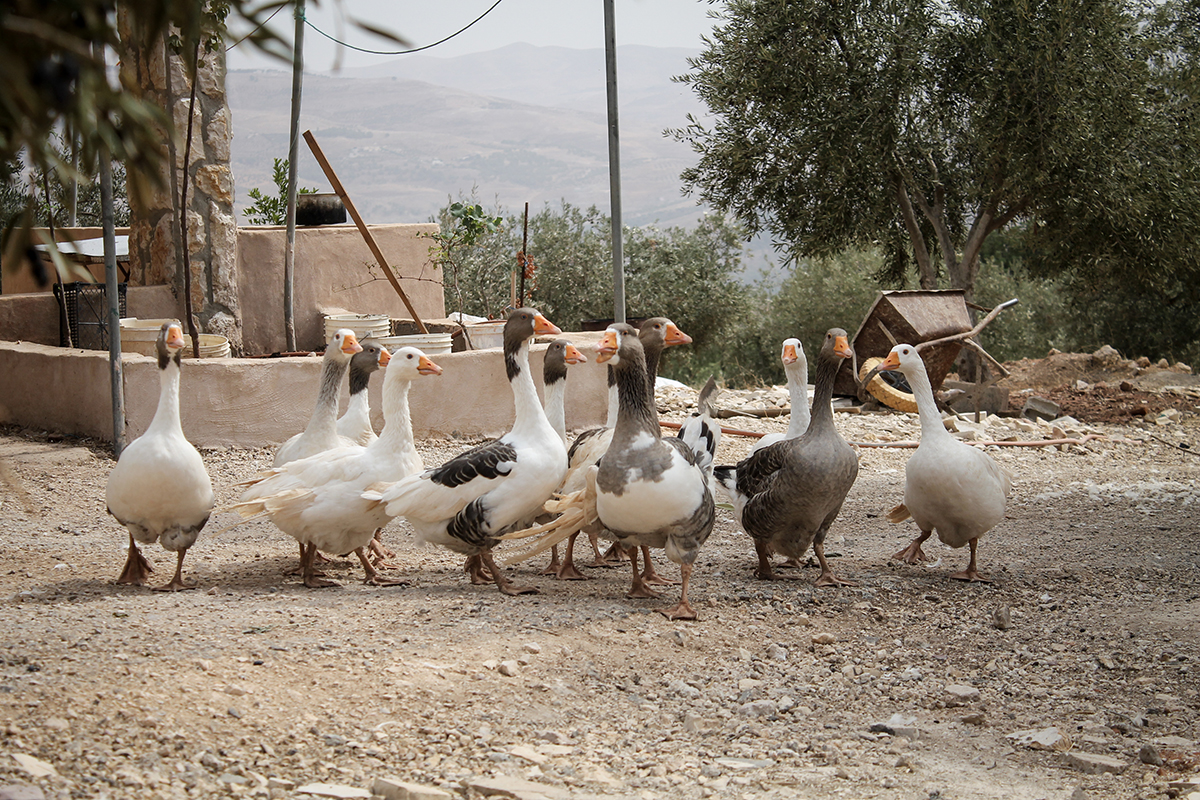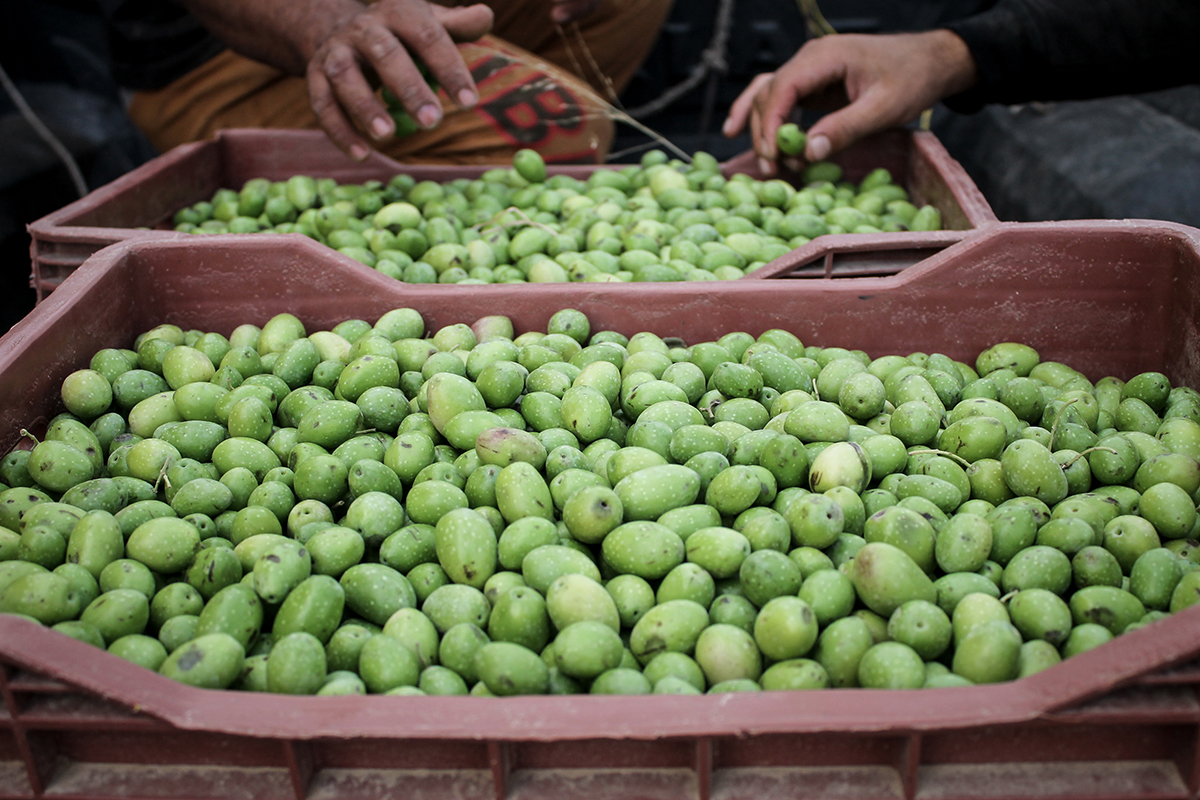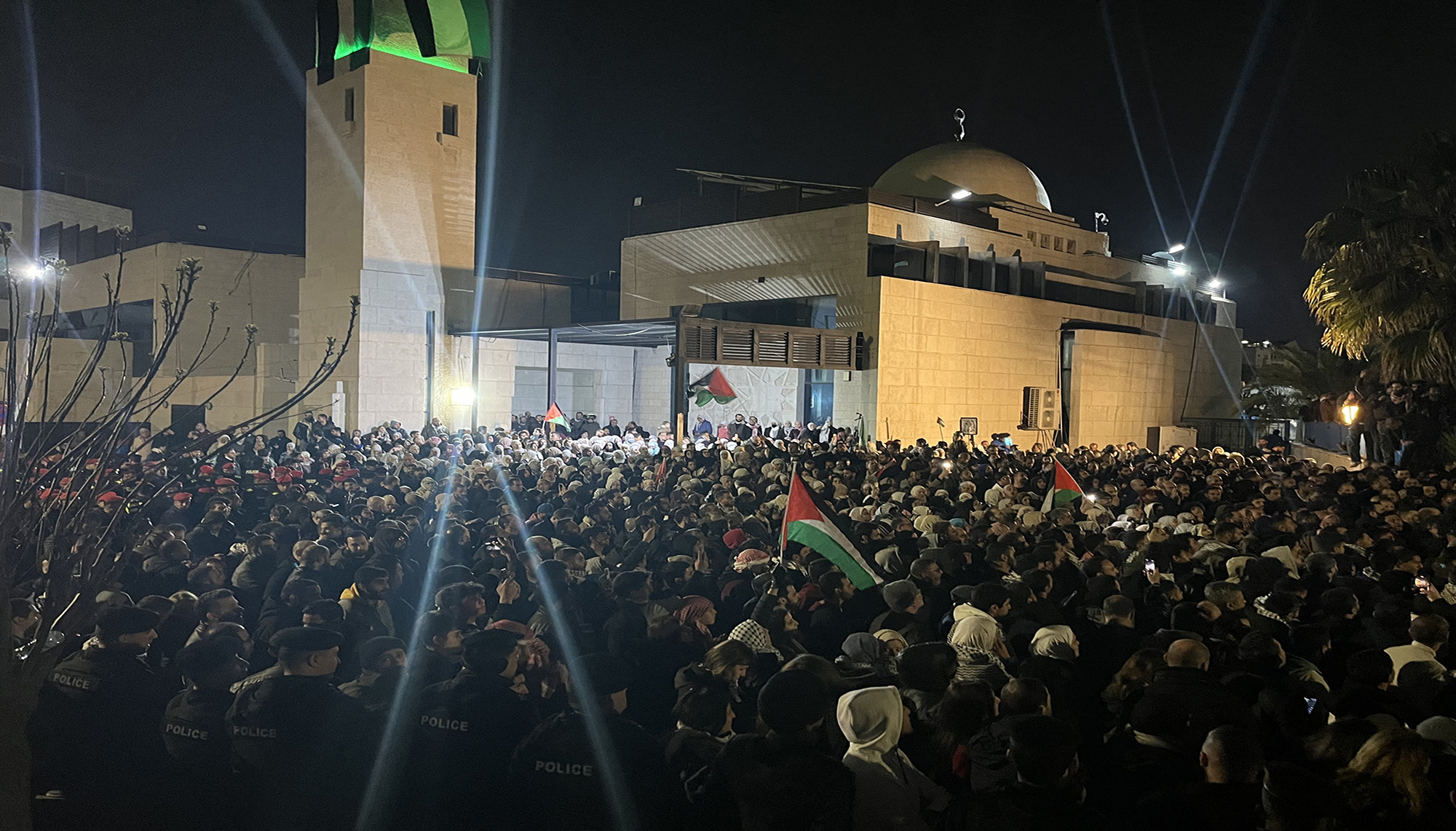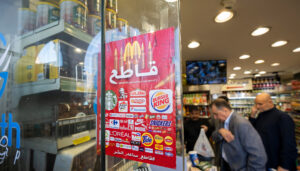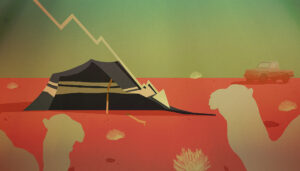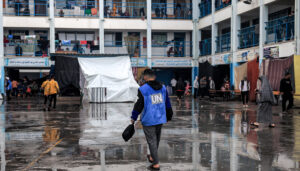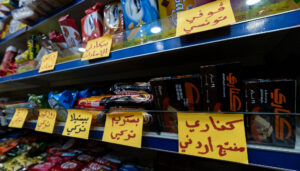By Lara Darwazah
Facebook has a clever way of suggesting products, articles and pages to visit once it picks up on your area of interest and profile history. But this is not an article about Facebook, in fact it is the opposite of that. It is about organic farming and self-sustainability. A few weeks ago, ‘Dibeen Eco Farmhouse’ came as a suggested topic on my news feed, advertising ‘organic cage-free chickens’ delivered to your home. I immediately rang up and placed an order for two whole organic chickens and was impressed by the quality of their meat and the owner’s reliability.
October is olive picking season in Jordan. With an invitation from Zeid, the owner’s son, we headed one Friday morning into Dibeen, to witness the process of pressing oil from freshly picked olives at the farmhouse. It was an opportunity to see for myself how these chickens are reared, take part in the olive picking activity and simply learn more about how this family conducts organic farming.
The owners built a cottage on the farm forty years ago when it was a virgin land. It had no electricity and the four young children spent time there with no means of communication with the outside world. Zeid remembers the rocks they had to excavate in order to be able to plant trees. They started growing olive trees in particular because they needed very little water.
It was only five years ago that the family decided to start rearing chickens. Their main aim was to source their own hormone-free and cage-free meats for family consumption. It grew to supply family and friends and now they moved beyond that small circle to share their produce with the public. These chickens are fed recycled homemade breads, barley and grains grown on the farm and surrounding lands. They are free to roam around at ease and feed according to their needs.
Abu Omar, the farmhouse owner, is very passionate about self-sustainability, recycling and living a healthy life. “Our grandparents were farmers,” he said, “ninety percent of people lived off the land. Those who worked outside agriculture were very few. Industrialization ruined our lives in some ways.”
Sustainability for Abu Omar means living off the land. He also barters his own produce with his neighbours; swapping chickens for vegetables, fruits and bread. Zeid says that the animals’ wellbeing are a priority for this family. His father decided against slaughtering the birds a few weeks back because he could sense they were stressed and unwell. “This is the sort of care and connection my father feels with the land and its animals,” he said.
So how are they able to apply this sustainability concept? Rainwater is harvested from the rooftops in a citron reservoir that sustains 500 meters of water. Grey Water that is used in home appliances goes into a separate tank that ends up watering plants and trees. A drainage system is placed in the roads surrounding the farm to collect rainwater. Pottery Jars are also fed with that water instead of directly going into the tree soil. “What this does is it slows and preserves the approach to feeding the trees, therefore, slowing the process and creating humidity in the soil,” Zeid explained.
The family built a farmhouse with a capacity for eight bedrooms to host farm volunteers, nature lovers and soon bird watchers. While I was there I met a New Yorker named Brigitte, who gets to experience life on the farm and at the same time works on the land.
“Most of the family’s leftover foods are recycled,” she said. It goes through a process of grinding in order to feed the animals. “Even tree leaves, stems and stalks can be enjoyed and eaten by sheep,” Abu Omar further explained. Nothing here is wasted.
Dibeen forest area is one of the seven areas in Jordan protected by Royal Society for the Conservation of Nature. The forest is situated on mountains and wadis ranging 500 -1100 meters above sea level, and it’s considered a “biodiversity hotspot” because it represents the pine oak forest that provides support for many locally endangered species. These are; Stone Martin, Red Fox, Wild Boars, Chameleons, Land Tortoises, Wild Cat, Short Toed Eagles and Green Lizards. It also constitutes the southwestern geographical limit for the indigenous Aleppo Pine and the southwestern limit for the Persian Squirrel.
By the end of my visit, I was urged by Abu Omar to enrich my knowledge of the land by spending more time on it. The writing itself will become more organic and true to the experience, he concluded.
